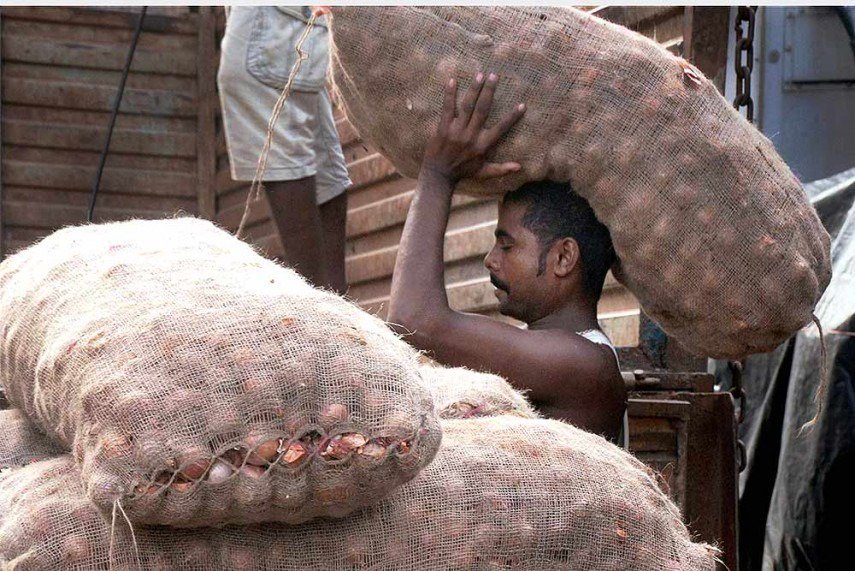Inflation based on wholesale prices spikes to two-month high of 5.13 per cent

- Country:
- India
Inflation based on wholesale prices spiked to a two-month high of 5.13 per cent in September, mainly due to the hardening of food prices as well as the rise in the cost of petrol and diesel.
The Wholesale Price Index (WPI) based inflation stood at 4.53 per cent in August and 3.14 per cent in September last year.
According to the government data released Monday, food articles witnessed hardening of prices with deflation at 0.21 per cent September as against 4.04 per cent in August.
Deflation in vegetables was 3.83 per cent in September, compared to 20.18 per cent in the previous month, indicating the relative rise in prices.
Inflation in 'fuel and power' basket in September was 16.65 per cent. Individually, in petrol and diesel it was 17.21 per cent and 22.18 per cent, respectively, and for LPG it was 33.51 per cent.
ICRA Principal Economist Aditi Nayar said while crude oil prices have cooled in the recent sessions, and the excise duty and VAT cuts would provide some relief for fuel prices, the weaker rupee would continue to push up the WPI inflation in the current month.
"This remains a crucial risk for the CPI inflation trajectory as well. Moreover, the sharp narrowing in the disinflation for primary food items, led by cereals, fruits, vegetables, condiments and spices, and tea, may be a precursor to a rise in the retail food inflation in the ongoing month," Nayar said.
Data released last week showed retail inflation rose to 3.77 per cent in September from 3.69 per cent in the previous month. The RBI mainly takes into account retail inflation data while formulating monetary policy.
"The divergence in the extent of the uptick displayed by the WPI and the CPI inflation prints for September 2018 reflects the underlying difference in the composition of these two indices, with a smaller weight of food items and a larger weight of globally traded commodities in the WPI than the retail basket," Nayar said.
India Ratings & Research Chief Economist D K Pant said WPI inflation has remained more than 4 per cent in last five months, which suggest though the demand conditions in the economy have remained strong, the pace of demand growth is gradually declining.
"The prevailing market price for most kharif crops at major mandi's has remained lower than the MSP, suggesting procurement hasn’t picked up. The future inflation trajectory would depend on the response of mandi prices with respect of new MSP, and the movement of crude oil price and value of the currency," Pant said.
The government had, with effect from October 5, cut excise duty on petrol and diesel by Rs 1.50 per litre and asked state-owned oil firms to subsidise the fuel by another Re 1 a litre.
Still, fuel prices continued to rise, and petrol was sold at Rs 82.72 a litre, while diesel at Rs 75.46 per litre. Diesel and Petrol in Mumbai cost Rs 79.11 per litre and Rs 88.18 per litre, respectively, on Monday.
The 5.13 per cent WPI inflation is the highest in two months, and a higher inflation than this level was last seen in July at 5.27 per cent.
In its fourth monetary policy review for the fiscal, the Reserve Bank earlier this month maintained status quo on the benchmark interest rate but warned that volatile and rising oil prices, and tightening of global financial conditions pose substantial risks to the growth and inflation.
For October-March, the RBI pegged CPI-based retail inflation to be between 3.9-4.5 per cent.
(With inputs from agencies.)










